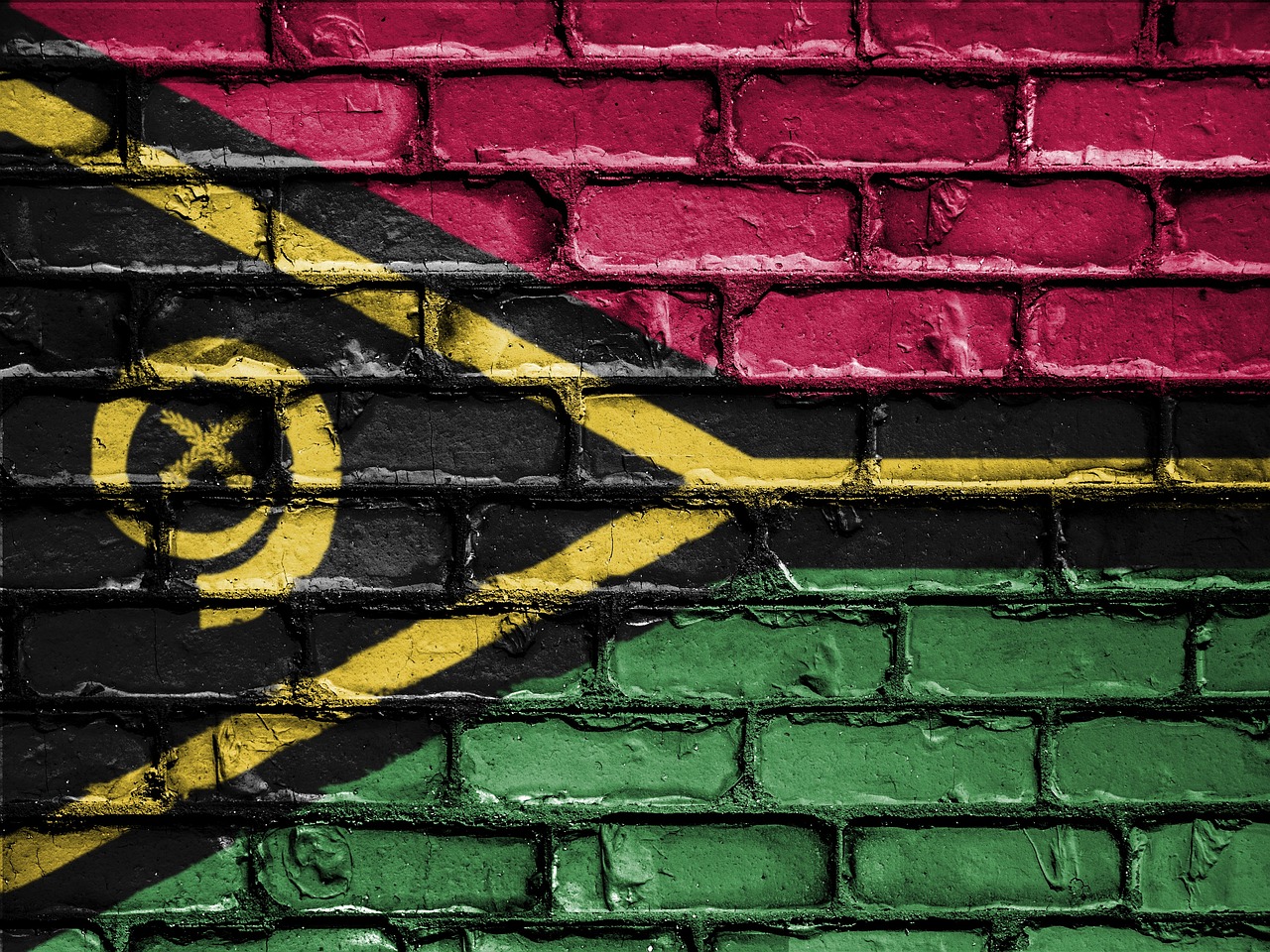By Jon Fraenkel, 10 April 2024

Flag of Vanuatu (photo credit: David_Peterson via pixabay)
Vanuatu will witness a referendum on two constitutional amendments designed to strengthen the party system on 29 May 2024. The proposed reforms, passed by parliament in December 2023, seek to tie MPs to political parties, prohibit MPs from remaining independent and reduce the incidence of no-confidence votes. After Vanuatu experienced three different prime ministers in the second half of 2023, and more post-independence changes of government than any other Pacific island country, reformers hope that the 2024 laws will usher in a new era of political stability.
Similar aspirations guided Sir Mekere Morauta's government in Papua New Guinea (PNG) in 2001 and Derek Sikua's government in Solomon Islands in 2009, but in both countries the resulting reforms did not work out as expected. The lessons from PNG and Solomon Islands are that, where scope exists, crafty politicians will run rings around such laws. [ . . . ] In theory, astute legal drafters might find some better way to plug all the loopholes and deliver a water-tight legal framework that stops the yo-yo politicians from continually switching sides, but all these various reforms depend on first creating or strengthening what is inevitably a highly politicized constitutional office and then expecting this to act in a non-partisan way. That means squaring a vicious circle.
Read the full article here:
RNZ
